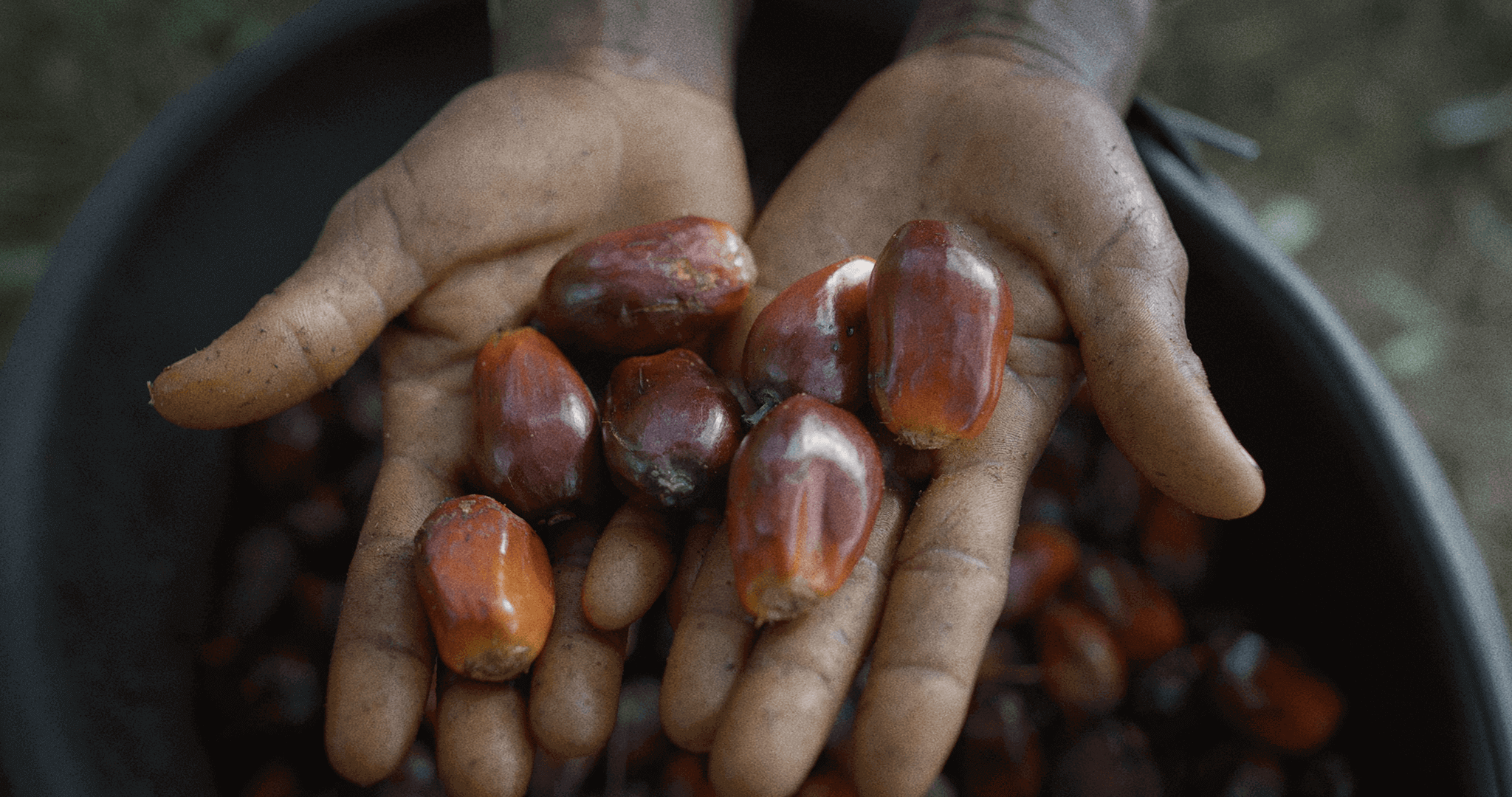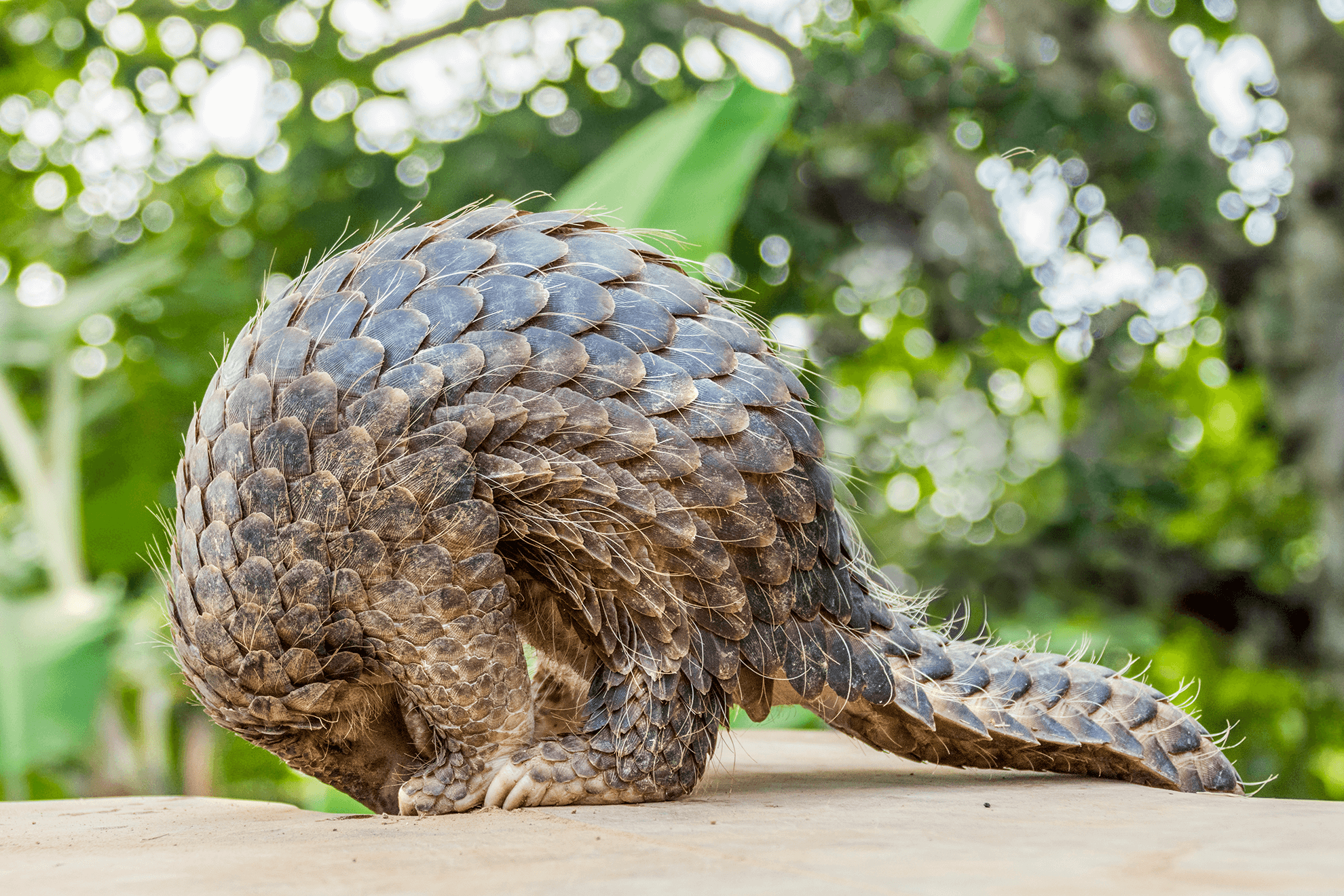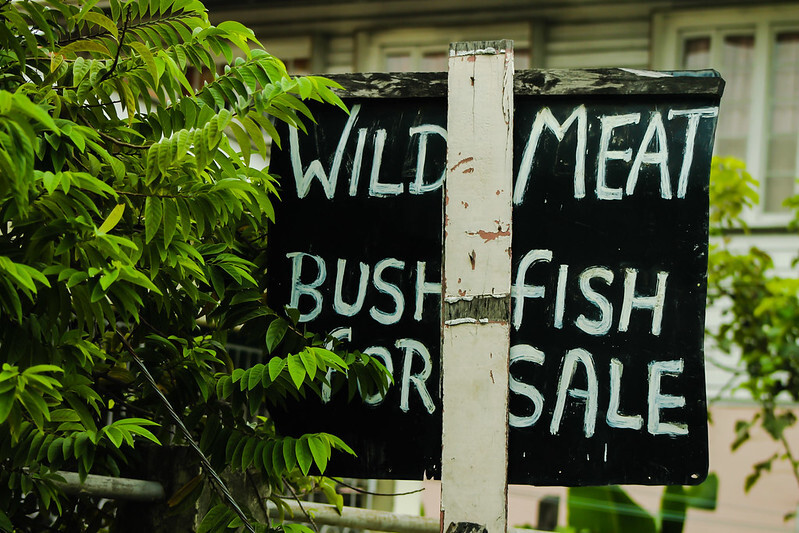The Earth cannot support unlimited growth...
Though trade in natural and agricultural goods is a major driver of economic growth, unsustainable trade is also responsible for damage to ecosystems and enhanced inequality across the globe.
Sustainable trade must focus on meeting the physical and social needs of all peoples, while respecting planetary boundaries.
The species we endanger will not save themselves...
To reduce ecological damage, the TRADE Hub investigates the trends and impacts of trade in agricultural commodities, and wildlife. We trace their trade journeys from origins in Brazil, Cameroon, China, Democratic Republic of Congo, Gabon, Indonesia, Republic of Congo, and Tanzania. With the information from our investigations, we provide policy recommendations, guidance and tools to public and private sectors, nationally and internationally.
We cannot afford to underpay our farmers...
For many smallholder farmers and local communities, revenue from their production of agricultural goods, such as cocoa, forms the basis of their income. However, many farmers only receive a small fraction of the total revenue from the trade of their product. For example, many cocoa farmers in Cameroon receive less than 10% of the total sales cost of the finished product.
Sustainable trade must be founded on the wellbeing of people; the social impacts of trade cannot be an afterthought.
The TRADE Hub highlights the voices of smallholder farmers and works to understand inequity within supply chains from the perspectives of those most affected, whether by the distribution of profits or access to markets. Using this information, we provide recommendations to national governments and policy officials on how to create trade policies with the needs of smallholders at their core.
The UK Research and Innovation’s Global Challenges Research Fund is funding the UK Research and Innovation, Global Challenges Research Fund, Trade, Development and the Environment Hub, led by the UN Environment Programme World Conservation Monitoring Centre (UNEP-WCMC). The TRADE Hub is a five-year project, funded until 2024, and is the first research hub of its kind – bringing together over 50 organisations from 15 different countries to help make trade sustainable for people and the planet.
These partner organisations represent different actors from the public sector, private sector, farmers, forest users and rural communities, and civil society. Together, they explore all stages of various agricultural commodity and wildlife supply chains, revealing damaging links and potential ways to make lasting change in trade systems.


